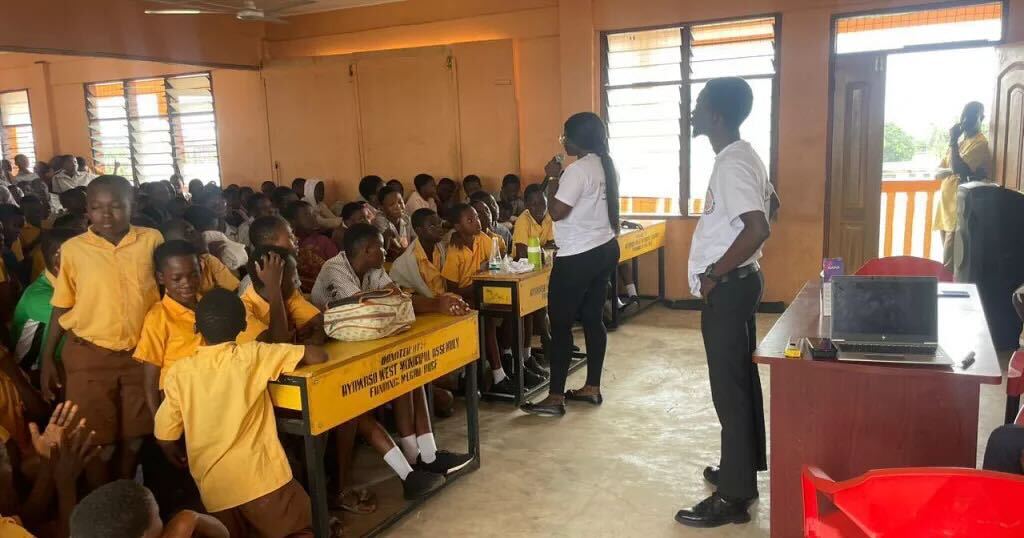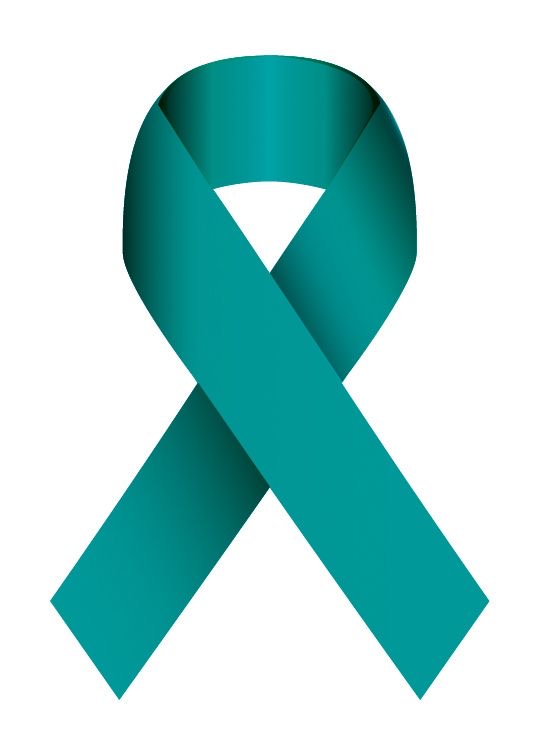In a bold move to strengthen national identity and improve learning outcomes, the Government of Ghana has announced that local languages will now replace English as the primary medium of instruction in basic schools across the country.

The new directive, introduced by the Ministry of Education and the Ghana Education Service (GES), takes effect from the 2025 academic year. Under the new framework, children from kindergarten to primary six will be taught mainly in their native languages, with English introduced gradually as a second language.
Education Minister Dr. Yaw Osei Adutwum explained that the policy aims to help children learn faster and connect more deeply with their cultural roots. “Research shows that children understand and perform better when taught in their mother tongue,” he said during a press briefing in Accra. “We are not removing English entirely, but we are prioritising our local languages as the foundation for learning.”
Education Reforms and Implementation
The policy makes it compulsory for all schools, both public and private, to teach at least one Ghanaian language based on the dominant language of their region. Popular languages like Twi, Ewe, Ga, Dagbani, and Fante will form the core of this linguistic transformation.

The Ghana Education Service has been tasked with rolling out teacher training programs, updating curricula, and ensuring that every region has qualified language instructors. Universities and colleges of education are also revising their teacher education programmes to include more indigenous language training.
The initiative has sparked widespread debate. Supporters hail it as a decolonisation step that will empower Ghanaian students to think critically within their cultural context. Critics, however, worry that phasing out English in early education may affect students’ competitiveness in global settings if implementation is uneven.
Education unions, including the Ghana National Association of Teachers (GNAT), have urged the government to provide adequate funding and materials to make the transition smooth. Textbook development and teacher training are currently top priorities before the policy becomes active.
With this landmark reform, Ghana is setting a new example for African countries seeking to promote indigenous languages and preserve cultural heritage through education reform.





Leave a Reply